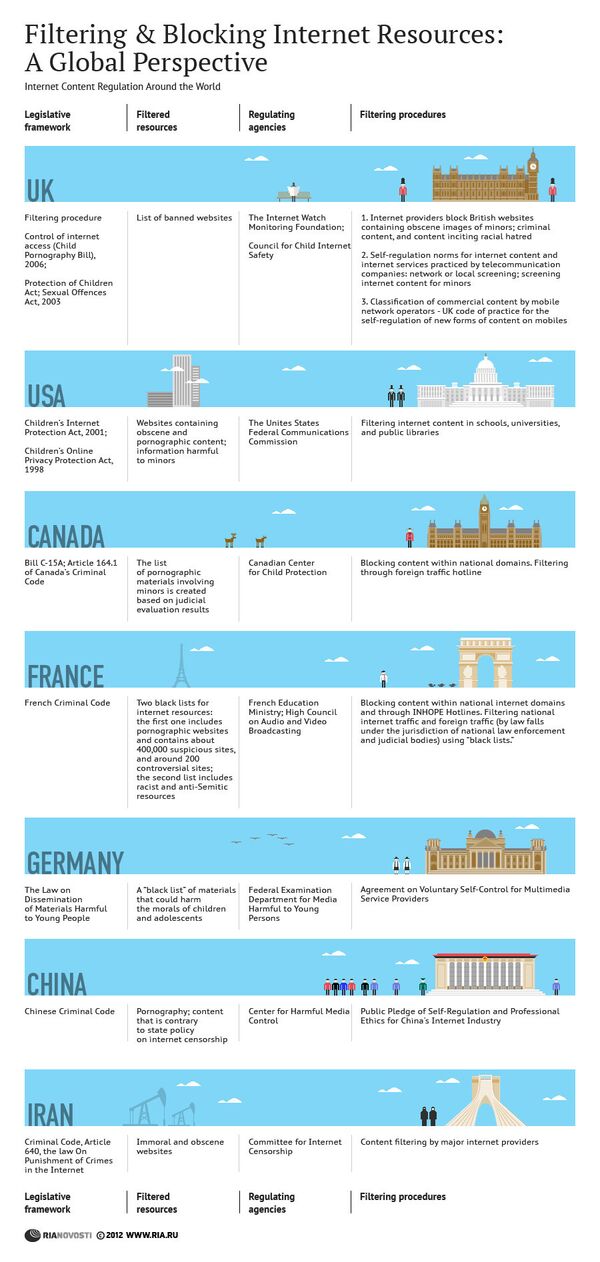MOSCOW, November 21 (RIA Novosti) – A trio of Russian government agencies have approved a set of criteria determining what material falls under a ban on child pornography, drug use advocacy, and promotion of suicide on the Internet, Russia’s government newspaper Rossiyskaya Gazeta said Thursday.
Russia’s state drug control service determined drug use advocacy to mean any information about making or using drugs, plus any promotion or creation of a “positive image” of drugs and narcotics dealers.
Information about how to grow or where to look for drugs in plant form also falls under the ban.
Promotion of suicide, which is also forbidden, means any solicitation to commit suicide or advocacy of killing oneself as a way to solve problems, as specified by the state consumer agency Rospotrebnadzor.
Arguments that might motivate a person to commit suicide, even if that option is not explicitly stated, are also blacklisted.
Any text, images, audio, or video depicting suicide at any stage, including failed suicide, is forbidden by the criteria.
Russia’s state communications agency, Roskomnadzor, also specified the standards for child pornography, the third topic that falls under the Internet blacklist law.

Any image of a child engaged in sexually explicit conduct, plus any information on the sale, possession, or advertisement of child pornography is banned.
The criteria do make some allowances for works of art. Depictions of sexual content involving children like the Nabokov classic novel "Lolita," by Vladimir Nabokov, for example, are "justified by genre."
Russia launched an Internet blacklist in November 2012, blocking domain names and IP addresses of websites containing child pornography, drug use advocacy, suicide promotion, or any information prohibited by Russian courts.
The government came under criticism, however, for incorrectly banning websites that did not break the rules. A study published this month by independent online watchdog Rublacklist.net found that of 85,000 websites that ended up on the blacklist over the last year, 98 percent were blocked without a valid reason.


